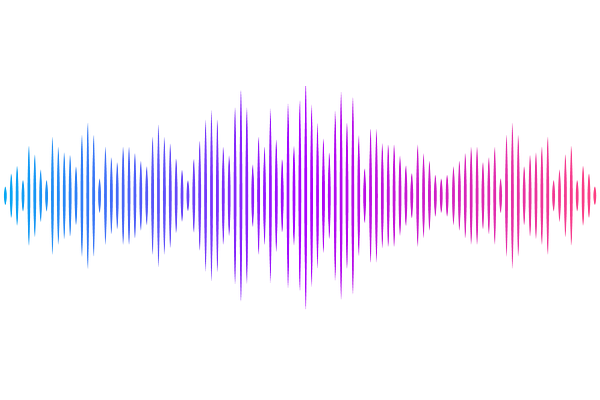p53-induced RNA-binding protein ZMAT3 inhibits transcription of a hexokinase to suppress mitochondrial respiration

p53-induced RNA-binding protein ZMAT3 inhibits transcription of a hexokinase to suppress mitochondrial respiration
Kumar, R.; Couly, S.; Muys, B. R.; Li, X. L.; Grammatikakis, I.; Singh, R.; Guest, M.; Wen, X.; Tang, W.; Ambs, S.; Jenkins, L. M.; Pehrsson, E. C.; Chari, R.; Su, T.-P.; Lal, A.
AbstractThe tumor suppressor p53 is a transcription factor that controls the expression of hundreds of genes. Emerging evidence suggests that the p53-induced RNA-binding protein ZMAT3 is a key splicing regulator that functions in p53-dependent tumor suppression in vitro and in vivo. However, the mechanism by which ZMAT3 functions in the p53 pathway is largely unclear. Here, we discovered a function of ZMAT3 in inhibiting transcription of HKDC1, a hexokinase that regulates glucose metabolism and mitochondrial respiration. Using quantitative proteomics, we identified HKDC1 as the most significantly upregulated protein in ZMAT3-depleted colorectal cancer cells. ZMAT3 depletion results in increased mitochondrial respiration that was rescued upon depletion of HKDC1, suggesting that HKDC1 is a critical downstream effector of ZMAT3. Unexpectedly, ZMAT3 did not bind to the HKDC1 RNA or DNA but the identification of the ZMAT3-interactome uncovered its interaction with the oncogenic transcription factor JUN. ZMAT3 depletion resulted in increased JUN binding at the HKDC1 promoter and increased HKDC1 transcription that was rescued upon JUN depletion, suggesting that JUN activates HKDC1 transcription in ZMAT3-depleted cells. Collectively, these data reveal a mechanism by which ZMAT3 regulates transcription and demonstrates that HKDC1 is a key component of the ZMAT3-regulated transcriptome in the context of mitochondrial respiration regulation.